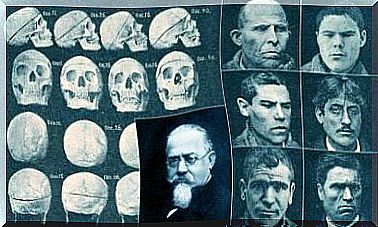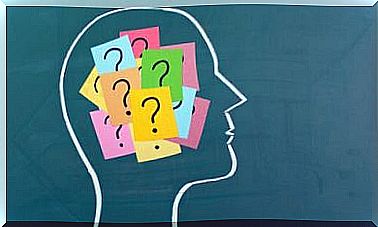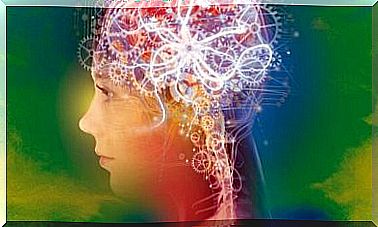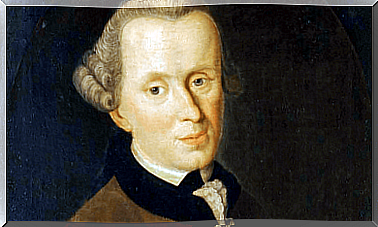Do We Decide First And Think Later?
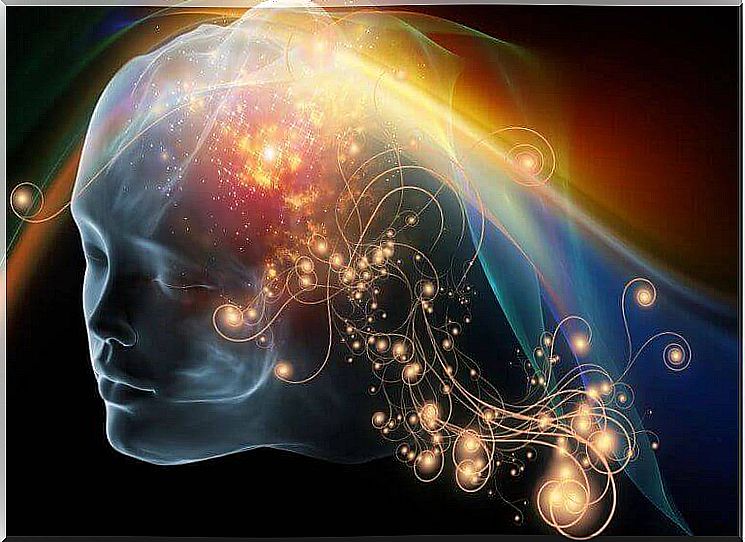
One of John-Dylan Haynes’ most interesting studies of how we make decisions demonstrated that we decide about seven seconds before we are aware of our decision, and about ten seconds before we make it into action.
So first we decide what we are going to do and then this information comes in the form of thoughts to our mind. This is amazing, isn’t it?
To understand all that this entails, we must consider that the brain can change itself. So when we believe that we are changing something about us (for example, quitting smoking or exercising more), the brain starts to reprogram itself to make this possible.
The brain acts as a whole, involving both conscious and unconscious mechanisms. Thus, when the strength of consciousness is limited, the impulses from the unconscious become stronger.
For example, when we can’t resist the temptation to eat something and we’re overweight, or when we believe we should exercise and don’t do it, the conscience doesn’t have the strength to fight the unconscious impulses we have. ultimately decide.

Is the way we make decisions rational or emotional?
Although the vast majority of us are educated through rational and logical mechanism, we all know that emotions play an important role in everyday life. In fact, they play a key role in the brain’s unconscious mechanisms and how we make decisions.
It is estimated that 85% of our decisions are made unconsciously, and only 15% of them are actually conscious decisions.
The book ‘O Erro de Descartes’, by the neurologist Antônio Damasio, states that decisions based on moral judgments clearly show the role of emotion within the social context.
Popular phrases such as “love is blind” alert us to the power emotions have over these issues, but only recently could they be considered as determining elements in rational processes.
Faced with the question “What is a good decision?”, at first, the answer seems easy: it is the one that brings us the greatest benefit. But this issue is not always so obvious, as we are able to assess a decision, despite its rationality, as inadequate and incorrect.
We are also able to make inappropriate decisions because of the exaggeration of the reasons that motivate them (“not traveling for fear of flying” would be one of them). Definitely, we employ a balance between the rational and the emotional to make the right decisions and develop on a daily basis.

Are decisions unconscious?
Where is the margin between conscious thinking and unconscious thinking when we make a decision? We do not know exactly, but the first studies that addressed this subject, carried out with the help of neuroimaging techniques, found that before passing through consciousness, many decisions were already made by complex brain networks.
Undoubtedly, this is another of the mysterious and interesting processes that are related to our mind.
In addition, in order not to overload, the brain performs many of its processes automatically, including decisions as well. Therefore, they can be predicted seconds in advance.
As you can see, deciphering the brain activity that lurks behind our emotional states brings us closer to a powerful source of self-knowledge.

